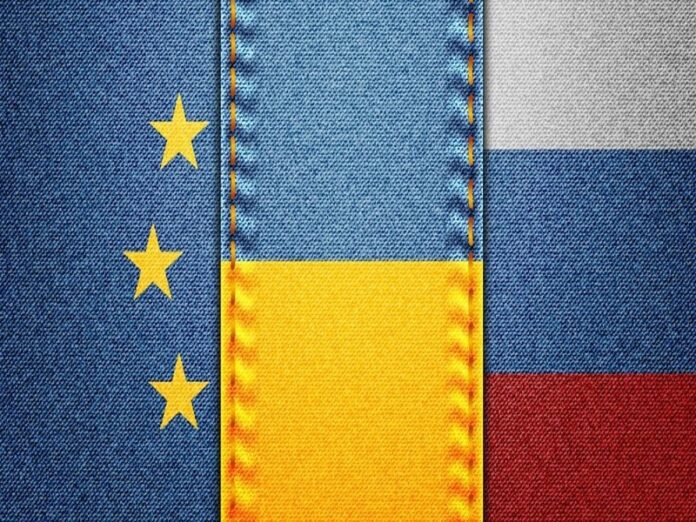Putin predicted a few weeks back that Russia will inevitably reconcile with the EU and Ukraine. Regarding the first, he said that “I have no doubt whatsoever that we will, in due time, rebuild our relations with Europe. It’s only a matter of patience and effort.” As for the second, he said several days later that “It seems to me that this is inevitable despite the tragedy we are currently experiencing.” He’s known for being a realist, not a wishful thinker, which is why his prediction was so surprising to many observers.
While he might have timed them to convince Trump that he isn’t the obstacle to peace that Zelensky might have misled him to think that he is, the perception of which is responsible for complicating the peace process as of late, he probably does indeed believe what he said. Putin has always considered Russia to be a European country, albeit with a unique civilizational identity, while he explained in his magnum opus from June 2021 why he considers Russians and Ukrainians to be kindred people.
These views account for why he remained committed to the Minsk Accords despite neither France, Germany, nor Ukraine complying with them. Putin subconsciously projected his interests-driven (realist/rational) worldview onto them by assuming that they shared his vision of turning Ukraine into an (imperfect) economic bridge for facilitating the EU’s overland trade with Russia and China upon Kiev’s implementation of the Minsk Accords. He therefore struggled to understand their lack of compliance.
He couldn’t countenance that they were duping him this whole time till it was too late and he felt that he had no choice but to commence the special operation to defend Russia’s national security interests. Far from having an interests-driven (realist/rational) worldview, they all have an ideologically driven (utopian/irrational) one that prioritizes Russia’s containment over their own material interests. The EU’s is liberal-globalist while Ukraine’s is ultra-nationalist, so some differences exist, but they share this goal.
For them to meaningfully reconcile with Russia, their policymakers must first replace their ideologically driven worldview with an interests-driven one, which hasn’t yet happened. While there are signs of dissent within their societies, which takes the form of rising populist-nationalist sentiment in the EU and increasing opposition to Zelensky’s rule in Ukraine, electoral fraud and the secret police combine to prevent reformists from coming to power in both. This is the objectively existing state of affairs today.
While critics of the EU and Ukraine want to believe that positive change is “inevitable”, that can’t be taken for granted, and it would be irresponsible for Russia to prematurely formulate policy with this expectation in mind when they’re still in a state of hybrid and hot war with it respectively. To be clear, Putin didn’t signal that Russia should soften its policy towards either since he himself probably knows that his prediction might not come to pass within his lifetime, but he still hopes that it one day will.
Considering all of this, Putin’s prediction was probably only an attempt to influence Trump into not abandoning the peace process instead of him hinting at upcoming policy changes towards the EU and Ukraine. Even in the best-case scenario that Russia achieves most of its goals in the special operation, whether via diplomatic or military means, too much has happened for a reconciliation to occur anytime soon after. It’ll likely take a generation or more, if ever, but no one should get their hopes up.







